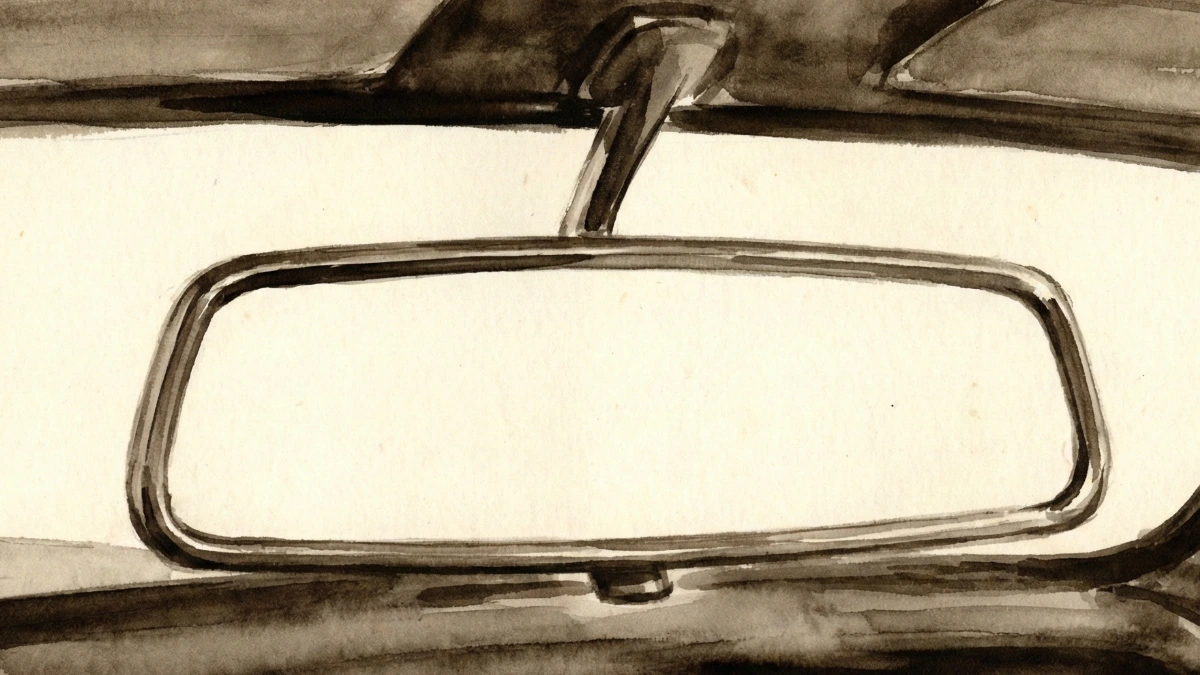This psychology-based nostalgia test measures how deeply your emotional connection to the past influences your present thoughts, feelings, and decisions.

Nostalgia Scale
When fond memories help you grow—and when they quietly hold you back.
Nostalgia is a powerful emotional experience that connects us to meaningful memories, relationships, and moments from our past. While nostalgia can foster a sense of continuity and emotional comfort, it can also influence how we interpret the present and make decisions about the future. The Nostalgia Scale explores how frequently and intensely you engage in nostalgic thought.
This assessment is adapted from academic research examining sentimentality and nostalgia as measurable psychological traits. By reflecting on how strongly the past shapes your current outlook, this scale can help you better understand patterns such as idealizing earlier life periods or relying on past experiences when navigating uncertainty.
If nostalgia feels emotionally regulating for you, it may relate to traits measured in the Fear of Missing Out Scale or the Mistake Rumination Scale, which examine how time orientation and reflection impact emotional well-being.
Frequently Asked Questions
- How long does this quiz take?
- This quiz takes about two minutes to complete.
- Are my responses private?
- Yes, all Nostalgia Scale answers are anonymized and confidential.
- Can I take this test more than once?
- Yes, you can retake the test any time to see how your Nostalgia Scale results may have changed.
- Will this quiz tell me if nostalgia is affecting my decisions?
- This test highlights how strongly the past influences your present thinking, which may help identify when nostalgia shapes judgment.
- Can my results help me better understand my emotional patterns?
- Yes. Your results can offer insight into how memory, emotion, and sentimentality interact in your daily life.
Nostalgia Scale: Take The 7-Item Test
References
Disclaimer
This scale is designed for educational purposes and is not a substitute for professional diagnosis or treatment.

